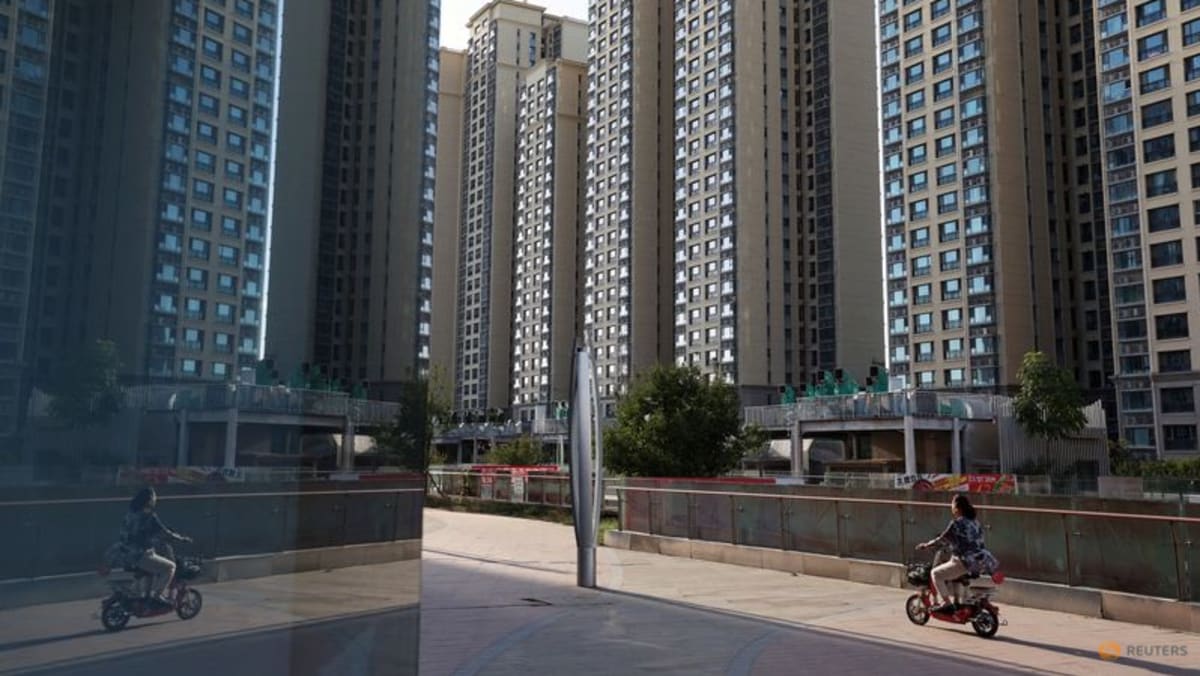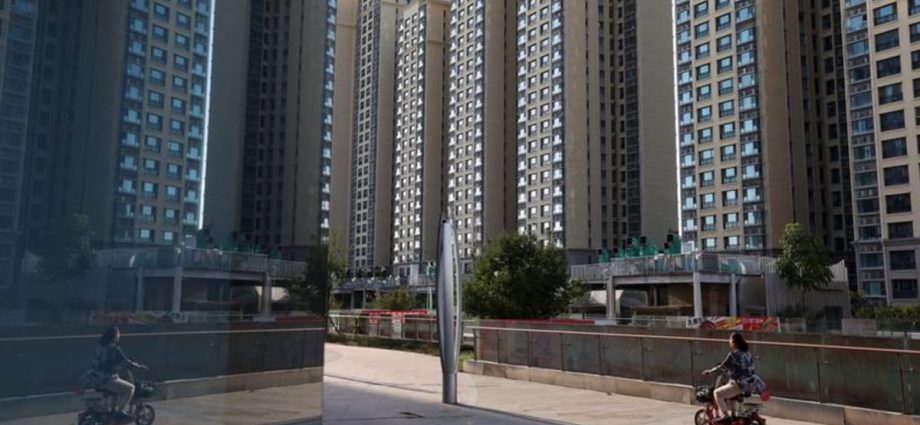
A Hong Kong court ordered the liquidation of China Evergrande Group on Monday (Jan 29).
Evergrande is the world’s most indebted real estate developer and has been at the centre of an unprecedented liquidity crisis in China’s property sector, which accounts for roughly a quarter of the world’s second-largest economy.
Once China’s top-selling developer, Evergrande’s financial crisis became public in 2021 and since then it and a string of its peers have defaulted on their offshore debt obligations amid slowing home sales and fewer new avenues for fundraising, triggering fears of wider contagion that could spread to the country’s banks.
Here is a timeline of how Evergrande’s debt crisis has unfolded:
August 2021
Many Evergrande projects across the country halt construction due to overdue payments.
China’s central bank and banking watchdog summon senior executives and issue a rare warning that Evergrande must reduce its debt risks and prioritise stability.
September 2021
It misses two offshore bond coupon payments totalling US$131 million. The payments have a grace period of 30 days.
Evergrande engages financial advisers to examine options, warning of cross-default risks amid plunging property sales.
November 2021
Founder Hui Ka Yan sells 1.2 billion shares worth HK$2.68 billion (US$342.7 million), lowering his stake in Evergrande to 67.9 per cent from 77 per cent.
March 2022
Evergrande suspends trading in its shares, citing its inability to publish audited results before March 31, and an investigation of the property management arm in which 13.4 billion yuan of deposits were seized by banks.
November 2022
A mansion belonging to Evergrande’s chairman in Hong Kong’s prestigious The Peak residential enclave is seized by lender China Construction Bank (Asia).
December 2022
Evergrande says it has resumed work on 631 pre-sold and undelivered projects.

